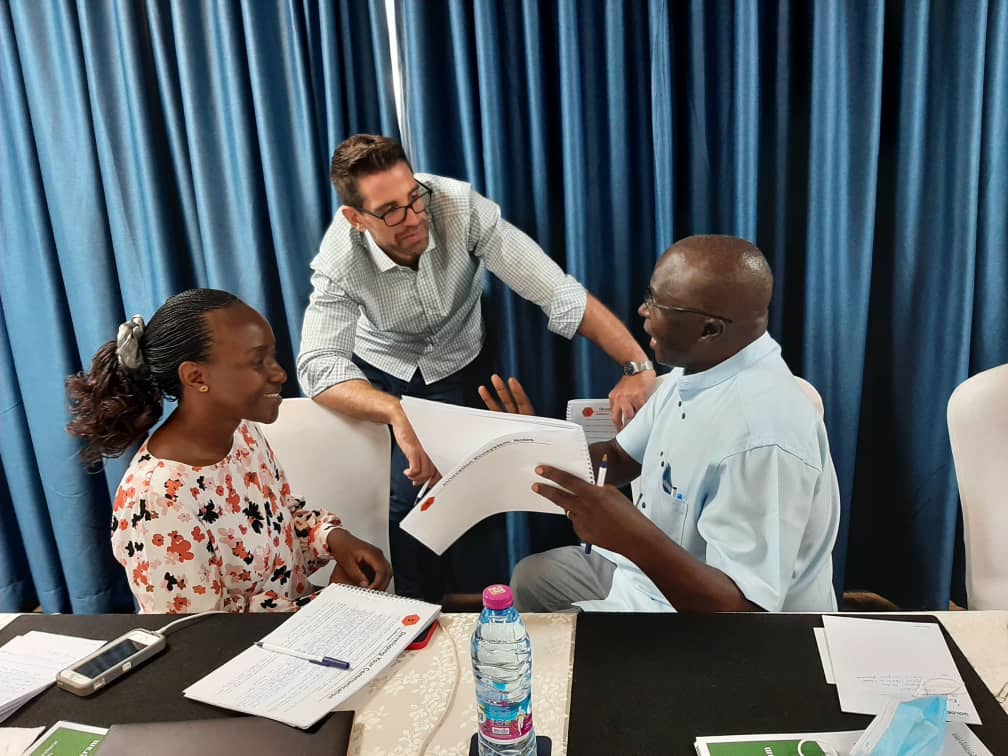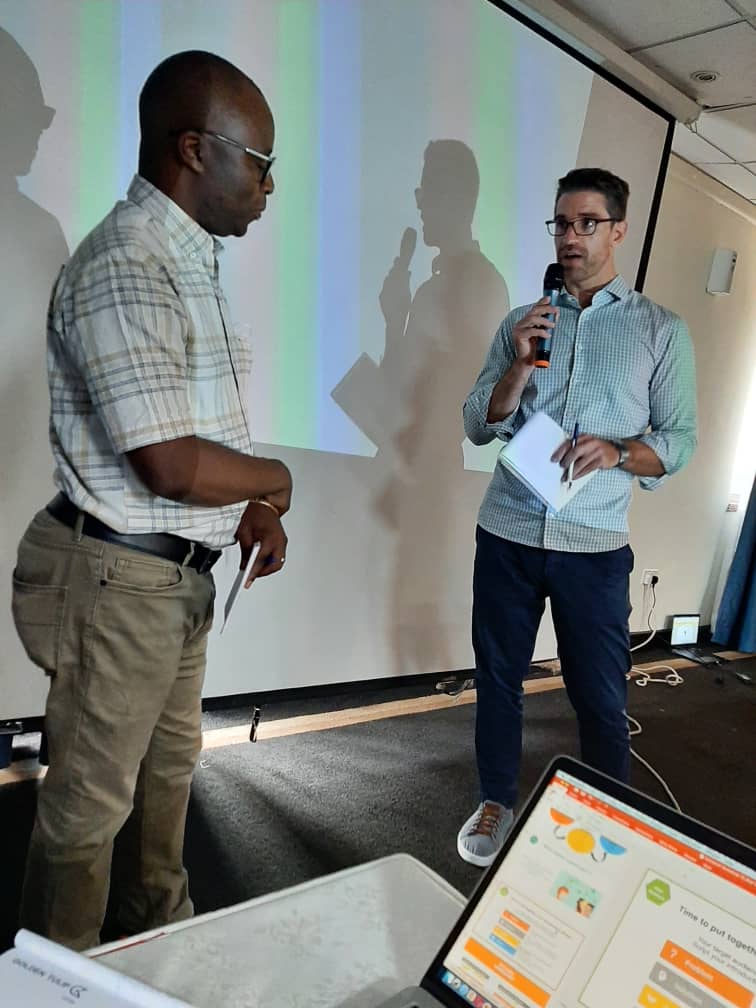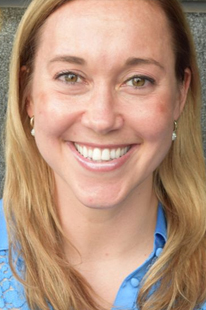MSU: Improving agriculture in Uganda with design thinking

How can we generate innovative solutions to agricultural challenges?
Faculty at Makerere University in Uganda have been applying design thinking to their research to address issues facing the agriculture sector.
Professors at Michigan State University’s (MSU) Global Center for Food Systems Innovation first contacted Treehouse Innovation because they were interested in using Sprintbase to support the application of design thinking on their Innovation Scholars program with the Makerere University College of Agricultural and Environmental Sciences.
The team at MSU used design thinking for this program to enable their colleagues in Uganda to identify innovative ways to consider complex issues relating to agriculture from new angles, and generate innovative solutions. They chose our innovation platform Sprintbase to support this work because they were working remotely and internationally, and they wanted their teams – many of whom were new to design thinking – to be guided through a set design thinking process.

What we did
We started by taking MSU professors through the Design Sprint Certification which showed them how to use Sprintbase to run high impact design sprints. They then adapted this training to suit the needs of their colleagues at Makerere University, who had limited time, extensive academic responsibilities, and sometimes limited internet access.
Across an 18 month period, the team at MSU worked with Makerere University facilitating design thinking courses and sprints to guide their innovation processes. The Treehouse team provided shadowing support, particularly at the beginning of the program, as they assisted MSU with onboarding Makerere faculty as they accessed various features on Sprintbase.

The outcome
By the end of the program, teams at Makerere University walked away with a number of new products and practical solutions for some of Uganda’s most pressing agricultural issues.
This includes an app that enables smallholder farmers (cultivating <2 hectares) to test their produce themselves, indicating whether synthetic chemicals were applied, and therefore, certify their crops themselves as organic. The app supports societal programs to bridge the knowledge gap between producers, distributors and consumers of organic produce.

“I saw a shift in the Makerere teams as they applied design thinking to continually validate their assumptions about problems with their end-users, that is the participants in the study and future recipients of their innovations. This was a critical step for them to complete before moving onto the next stage of their projects.
“Sprintbase was a great platform for innovation coaches to meet the Makerere teams on and track their innovation progress. We needed evidence to report to our funders that our program participants were making progress in developing innovations, but more so, that we were strengthening design thinking competencies too. So Sprintbase enabled us to support claims that Makerere teams were building their competency and allowed coaches to be active participants in the monitoring and evaluation process.”
Timothy R. Silberg, PhD,Social-Ecological Systems Modeller, Global Center for Food Systems Innovation at MSU

“Design thinking is great because it helps scientists think through a challenge through more of a business lens, to assist with understanding the practicality and cost benefit analysis of their ideas. It challenges people’s why around the purpose of their product or service. It helps reframe very trained minds that have been expected to look at things in a very scientific manner and allows them to take in different feedback.
“With Sprintbase, we were looking for something we could adapt a lot and that we could use with a team, many of whom were skeptics when it comes to design thinking. These are scientists and agricultural specialists, so we needed to be able to present design thinking to them in a way which didn’t make their own research and background feel invalid. That was a lot to ask of a resource, but it worked.”
Cait Goddard,Institutional Capacity Development Lead, BHEARD Program at MSU

“This was a fascinating project to be involved with, and showed how design can be used to help tackle big, long standing issues from new angles. Sprintbase was great here as it enabled the team to work across the world remotely, and because it gave guidance and structure to help them apply design thinking, which was a new concept to many people involved.
“We worked closely with the team at MSU, particularly at the start, which then enabled them to become autonomous and run sprints themselves. It’s been great to see this program lead to real, innovative solutions that will improve the farm-to-table ecosystem in Uganda.”
Brian McAuliffe, Head of Customer Experience, Treehouse Innovation
Similar stories
Schneider Electric: Driving continuous innovation with global teams
How can design thinking help us develop a shared approach to problem solving? Schneider Electric (SE) is a world leader in energy management and efficiency. With over 130,000 employees in more than 100 countries, SE […]
Read moreEnhancing the classroom experience
Find out how a US-based college used the i2 Skills Assessment as a part of its design thinking course.
Read moreThe innovation programme that inspired Sky Glass
How can we help a culture of innovation to spread? We’ve worked closely with the head of learning and development at Sky to build and rollout an innovation programme for all 600 Sky leaders. Every […]
Read more